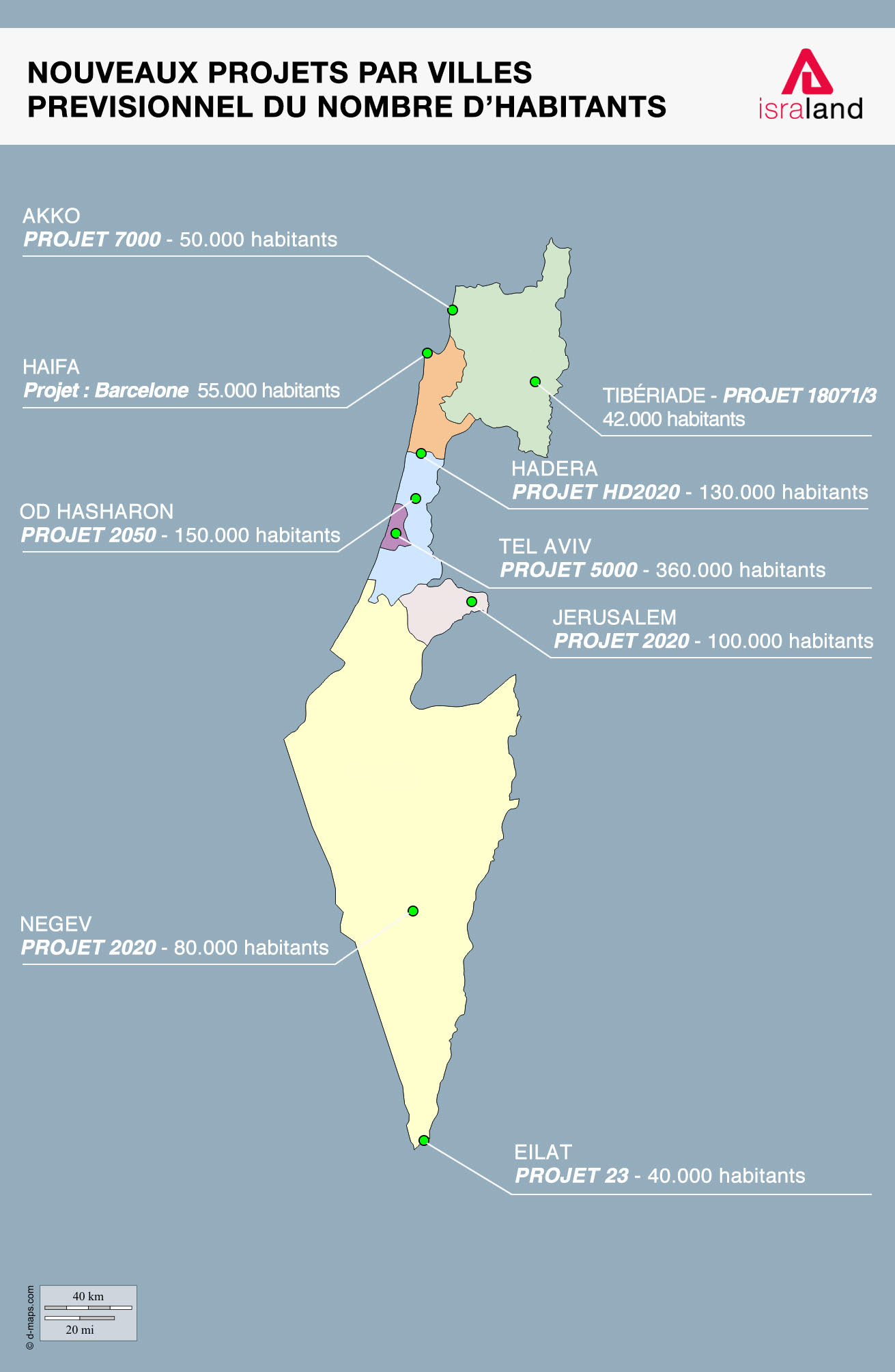Local electoral economy, housing cabinet: 2018 a year of construction and improvements.
An election year in the municipal sector is characterized by a bias in the discretion of planning committees. Notably, in favor of high-visibility projects that can be completed in a short period of time.
This is exactly why the housing cabinet must urgently change its methods.
One of the most important and powerful elements in every city is the local planning and construction committees. In this case, they hold enormous power. The committees, which include council members, are responsible for:
- Issuing building permits,
- Approving concessions,
- Granting variances and modifications to local plans,
- Deciding on the transfer of plans they wish to promote to the district committee.
The housing cabinet can reject one-off projects that are vital for the city or society.
In cases where they disrupt the public or exceed the electoral horizon, such as:
- Bike paths,
- Garden maintenance,
- Renovations of streets and sidewalks.
Gray projects such as infrastructure improvements, which may interfere with traffic or resting areas, will reduce parking spaces – OUT.
The discretion of council members sitting on the local committee may be biased in an election year in favor of those who elected them. Furthermore, greater pressure from powerful stakeholders recognizes an opportunity.
The result is that in the coming months, we may see more decisions to facilitate construction. For example, for permits that do not yet comply with the approved urban planning scheme. Or, for exceptional uses,decisions that stem from clear political logic.
This will be the best time for Facebook groups to unite around specific projects and streets, organized groups of residents, and neighborhood committees. The activity can range from reasonable and legitimate pressure to unreasonable and exaggerated demands that attempt to exploit the situation.
Function and purpose of the housing cabinet
The ability to exert pressure and obtain permits to build results from a lack of coordination. Imperative, the separation between the person responsible for the permit and the amendment of Law 101 on urban planning and construction. This grants significant autonomy to planning committees.
In other countries, there is a clear separation between planning procedures and the approval of the urban construction plan and the authorization procedures. However, the authority responsible for the authorization does not have the authority to modify anything in the master plan. This state of affairs neutralizes political considerations and makes the local committee more effective.
The elections will strengthen the authority of the housing cabinet
We will see a similar problem even after the elections, which can be characterized by a period of silence, especially with the replacement of the government or mayor and/or council, when political considerations change again based on planning considerations. As long as the factor chosen by residents in Israel is the one who also decides on building permits, easements, and permits for exceptional use, it will be very difficult to prevent pressures and attempts to influence that can sometimes lead to irrelevant decisions. We see the results, among other things, in the news broadcasts. There is a simple and obvious solution – the separation of powers between the political level that defines policy and shapes the future of city planning, and the professional level that executes it at least during complex times like an election year. Many construction projects currently submitted are starting to come out to the public in 2018: 
The actors of the housing cabinet:
-
- Minister of Finance
- Minister President of Construction
- Interim President
- Minister of National Infrastructures, Energy and Water
- Minister of Defense
- Minister of Environmental Protection
- Minister of Immigration and Aliyah
- Minister of Justice
- Minister of the Interior
- Minister of Transport and Road Safety
- Guests: Director General of the Prime Minister’s Office or his representative Director General of the Ministry of the Interior
- Director of Budgets at the Ministry of Finance
- Director of the Israeli Land Authority
- Director of Planning at the Ministry of the Interior
- Head of the National Economic Council
- Powers of the Committee:
1 – Determining government policy on housing.
2 – Approving and promoting reforms and structural changes. In order to streamline government policy in the area of:
-
-
- Real estate,
- Urban planning and construction,
- Monitoring the implementation of decisions.
-
3- Promoting projects in the field of residential construction. Also for long-term rental housing, and urban renewal and construction evacuation projects. The Prime Minister may, on his own initiative or at the request of the minister, submit to the cabinet a discussion or a discussion on the issues and decisions of the Cabinet discussed by the Cabinet under Article 39 of the Labor Code (“appeal”).
If no request has been submitted by the minister to the prime minister, or if the prime minister has not approved such a request and the prime minister has not appealed a decision, the decision will be valid one week later.



